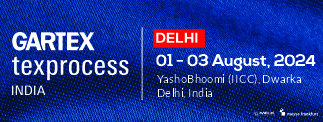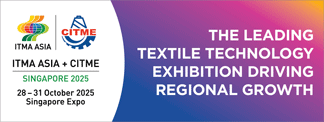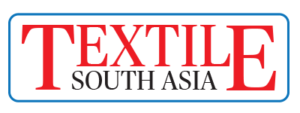Berger Textiles, a leading global supplier of textiles for wide format digital printing, interior decor and apparel, is unveiling EVO, an extended range of GRS-certified textiles covering all soft signage applications as part of its wider sustainability manifesto, at Fespa Global Print Expo 2024 at RAI Amsterdam from 19-22 March, 2024.
The EVO range is focused on a more circular business, offering a complete set of more sustainable textiles produced using GRS-certified recycled yarn, without compromising on performance. The full range comprises a range of products.
There is the Lumina Evolution/Samba Evolution for applications in backlit frames. Then there is Mozaik Evolution, a black-back textile perfect for exhibitions; Revolution Evolution/Display Evolution display textiles for front-lit applications; Matisse Evolution for artistic print applications; Aero Evolution/Wind Evolution for high-performance flags; Expandable Evolution for applications requiring stretch and Fiber Evolution, a non-woven banner material, suitable for promotional outdoor use.
The Global Recycled Standard (GRS) is a globally recognized voluntary product standard for tracking and verifying the content and chain of custody of recycled materials in a final product. The GRS includes a 50% minimum recycled content percentage and additional social and environmental requirements related to processing and chemical use.
Alessandro Lanfranconi, CEO of Berger Textiles, says, “Sustainability is interwoven through all aspects of Berger Textiles’ operations and we’re pleased to be at the point of formally sharing our strategy with visitors to FESPA Global Print Expo. Achieving a more circular business has long been our ambition and the launch of our extended EVO range delivers on that commitment, without compromising on the award-winning performance of our textiles.”
In addition to its soft signage range, Berger Textiles will also showcase its functional architectural home & fashion ranges at the show, all presented through its unique simple and visual periodic table catalog, which clusters products according to their intended applications.










